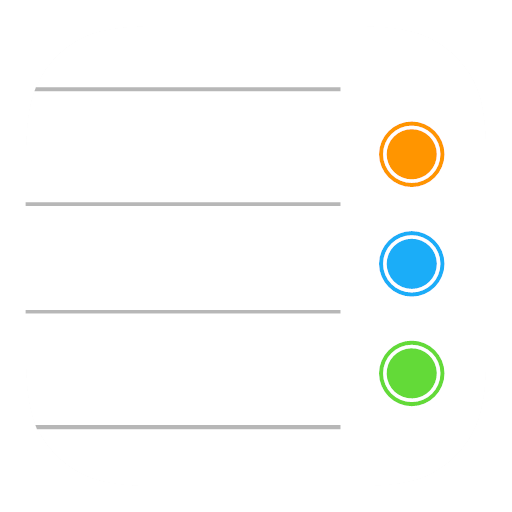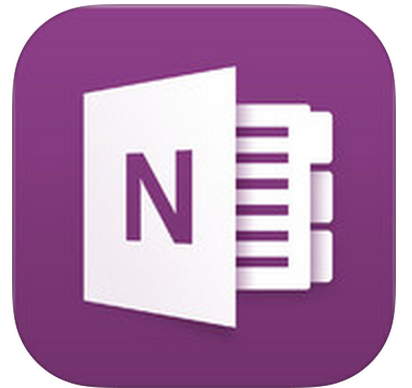

Diana Rapp
High School Math Teacher & Woot Tutor
You can be much more productive at school. Here’s how.
Are you a student who writes everything on their arm to remember? How is that working out for you?
Hmm, not too well?
Reminder Apps
Don’t sweat the small stuff. Have your smart device do the remembering for you.
You know that feeling when you are in a group project and someone assigns you a task and you wonder if you will forget about it later? I can relate. That is why I strongly recommend using a reminder app on your smartphone (if you have one). Students often tell me “I will meet with you tomorrow at lunch to retake that test.” Lunch rolls around and they never show up. Later they frantically come into class, “I totally forgot about my test retake!” I always have student set reminders on their phones.
Both iPhone and Android have great built-in reminder apps that allow you to assign priority, time and dates, and notes to help you remember all of the necessary details. There are also a variety of third-party apps available that do this plus a lot more. Some of my favorites include Any.do, Trello, and Asana.
Notes
Handwritten notes not your style? Want a tech savvy way to organize your thoughts and ideas? Evernote and OneNote are both easy to use apps that help you capture and prioritize your ideas. They also have to-do list features so nothing will be forgotten. You can add photos, webpages, and even audio to your notes. These apps also sync across devices so you can access you Geography study guide on your phone or your computer. Talk about a game changer.
Calendar
Are you a student who writes everything on their arm to remember? How is that working out for you? Hmm, not too well Keeping track of important dates and deadlines is a skill necessary for success in school. I always give my students a few minutes during class to organize themselves. Everyone has a different method for doing this. I see some students take out their smart device and open their calendar, some have a classic assignment book, and other creative tools. Some students really love the look and feel of an assignment book or paper calendar, and I get that. It is important that you use the method of organizing that is best for you.
I prefer calendar apps.
Every smart device should have some version of a calendar app. When your teacher, coach, or parent gives you a due date or an event that you need to attend, your next step should be entering it into your calendar.! The benefit of using the smart device calendar is being able to access that calendar from other synced devices or websites. This means you can access your calendar anywhere. Never forget that important Spanish presentation ever again!
Grammarly
I wish that Grammarly existed when I was in school! It would have made a huge difference in my life and I probably wouldn’t have sent all of my essays to my mother to proof read. I am a math teacher, so numbers and letters speak to me very differently than essays and grammar. I haven’t personally used Grammarly, but I have heard good things. Grammarly is a Google Chrome extension that helps you edit your own words using technology. Think of Grammarly as spell-check on steroids. Taking the time to edit your work and using Grammarly could make a difference in your letter grade.
Calm
Close your eyes, breathe in slowly, and breathe out. Repeat 5 times. Don’t you feel a bit more relaxed? As humans, we can get caught up and lose sight of the moment quickly. Personally, I have noticed in the last few years that students are becoming more stressed. To combat this, I have incorporated weekly exercises in my class to relieve stress. I use Calm.com when looking for quick exercises to do with my students. The results are awesome and they always ask to do more. Calm is the #1 app for sleep and meditation. The app has something for everyone, from experienced yogis to newcomers just looking for a break.
Here are some more ideas to help you be more productive this school year…
- Wunderlist– To Do list on all your devices – supports team collaboration
- Trello – collaborative task list for Teams
- Asana – To-do list that allows for super granular level of detail for todo lists and team collaboration













